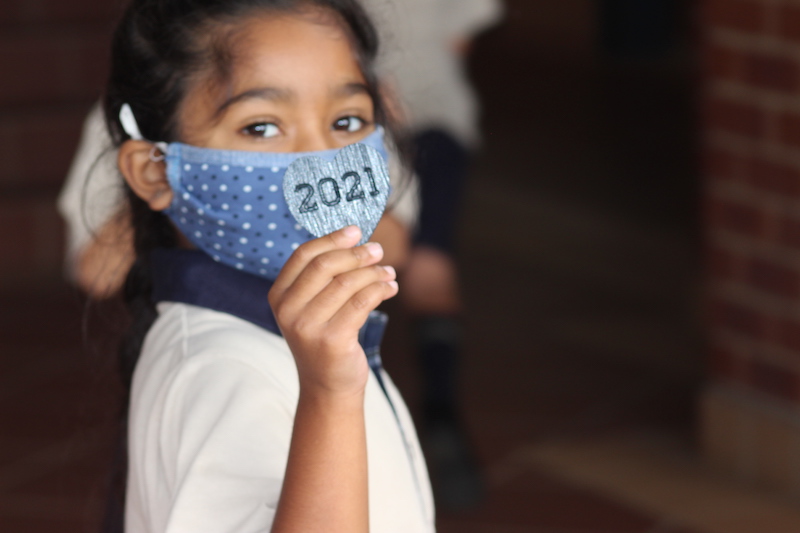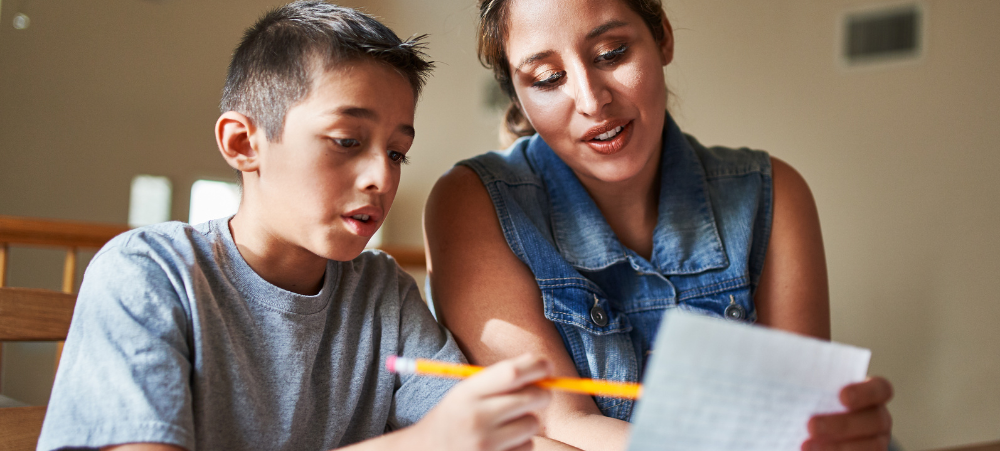As children grow and develop, certain milestones are used as a basic measurement tool. When they are babies, these milestones tend to be more physical in nature: is your child sitting, smiling, crawling, saying simple words? As children get older, parents and teachers look for things like reading and language skills, understanding numbers, catching a ball, tying shoelaces.
The more a child grows and begins to understand the world around them, the more complex developmental progress becomes. They start to develop an understanding of relationships, who they are, how certain things make them feel and the consequences of their actions.
As parents, it is our responsibility to help our children to grow into well-rounded and socially adept adults. We need to equip our kids with the skills to live successfully in the ‘everyday’, as good and kind human-beings who are able to think critically, cope when things don’t go as planned, and improve the lives of those around them.
After living in a global pandemic for the past year and a half, social and emotional learning is now more important than ever. While normality has been turned on its head, our children have had to cope with things that even we, as adults, are finding incredibly difficult.
The teachers and educational psychologists at HeronBridge College developed the GROW programme in the Preparatory school to focus on social and emotional learning as part of the school curriculum. GROW presents activities that encourage children to use their internal resources, question how they think about certain things, whether their actions are kind – to others as well as themselves – and walks them through coping mechanisms for moments of anxiety and stress.
The curriculum in the GROW programme is flexible and changes depending on the specific needs of the children in each grade. Last year, as children faced the new challenges presented by the pandemic, GROW was adapted to respond to the anxieties that they were facing and assisted them with tools to navigate this space.
Megan-Lee Spence-Ross, Educational Psychologist & Head of Learner Support at HeronBridge, offers the following activities to support social and emotional learning at home:
Invent a heart-powered super-hero
Ask your child what they believe to be their special ‘heart power.’ This could be kindness, generosity, caring for others, positivity, etc. Then carve out some time to talk about why this makes them special and what they would do with their super-power. Take it to the next step by drawing their super-hero, giving him/her a name, creating an outfit and presenting them to family with a story.
This activity helps children to conceptualise and vocalise what makes them unique. Creating a super-hero allows them to look inward in a fun way that is relevant to them, and using their super-power for good encourages empathy.

Make a worry jar
For children that need help coping with anxiety, this is a great exercise that provides a tangible way to verbalise and control their worries.
Find a glass or plastic jar, give your child some colourful paints or stickers and help them decorate it, and then label the jar. Work with your child to write down all their worries on strips of paper, place them in the jar for safe-keeping, and schedule ‘worry time.’
During your set ‘worry time’ – which can be after school or in the afternoon, but not right before bed – allow your child to open the jar, add some worries to it, or take some out to talk about with you. Use open-ended questions to help guide your child’s thinking, encouraging them to find solutions to their problems.
To help your child learn the skill of compartmentalising, stick within a given timeframe for ‘worry time’. Having an end to this dedicated exercise also allows your child to move forward, even if something is bothering them.
If your child finds that worries creep in during the day – as is natural for many of us – have them write it down and save it for worry time. You might find that your child doesn’t want to worry on a certain day, or has none – celebrate this – and even better, if something is no longer causing anxiety, find it in the jar and throw it away.
Find the gifts
Whether your family has been in a self-imposed lockdown, school has been closed, or parents have been working from home, work with your child to find the ‘gifts’ in your ‘pandemic situation.’
Ask your child to snap some pictures or make a video of the things that they have enjoyed or found special. This could be something as simple as being home with beloved pets, sleeping in late because of online school, or afternoon bike rides with dad.
By shifting the focus onto positive things, children are encouraged to create their own narrative in a space or time that might be very difficult for them. You might find it helpful to print out the pictures and stick them on your child’s bedroom wall as an encouraging reminder of the things that they find joy in.

Whatever tools you choose to assist your child in growing their social and emotional skills, the most important thing is to be there with them, actively engaging and showing them your love and care. Sometimes our children have feelings they can’t explain – that’s okay, so do adults – be their safe space and journey with them on figuring things out together.
Our aim is to encourage our learners to grow into well-rounded, happy, and confident human beings that excel in the areas in which God has gifted them. From our Pre-Prep through to the College, our intention is to lay a solid foundation to equip children with the developmental, educational and social skills needed to navigate life.
- Taking the leap from Grade R into Grade 1-Helpful hints to prepare your child for “big school” - September 20, 2023
- BOUNCE INTO SEPTEMBER WITH THE NQOBA CHALLENGE - September 6, 2023
- Developing potential – An intentional approach to sport at school - September 20, 2022





